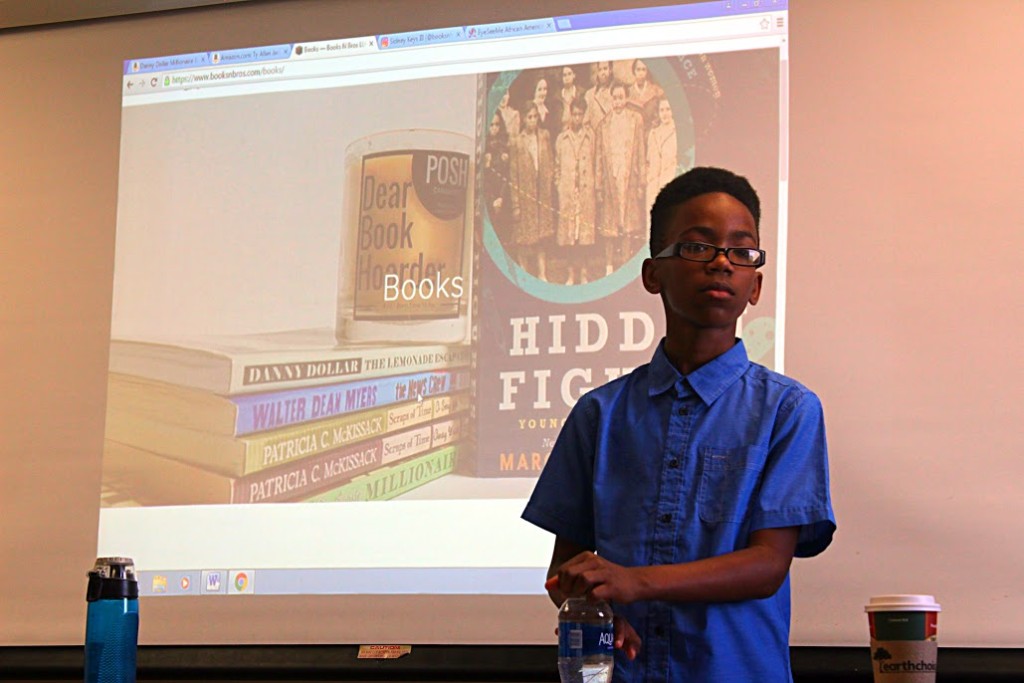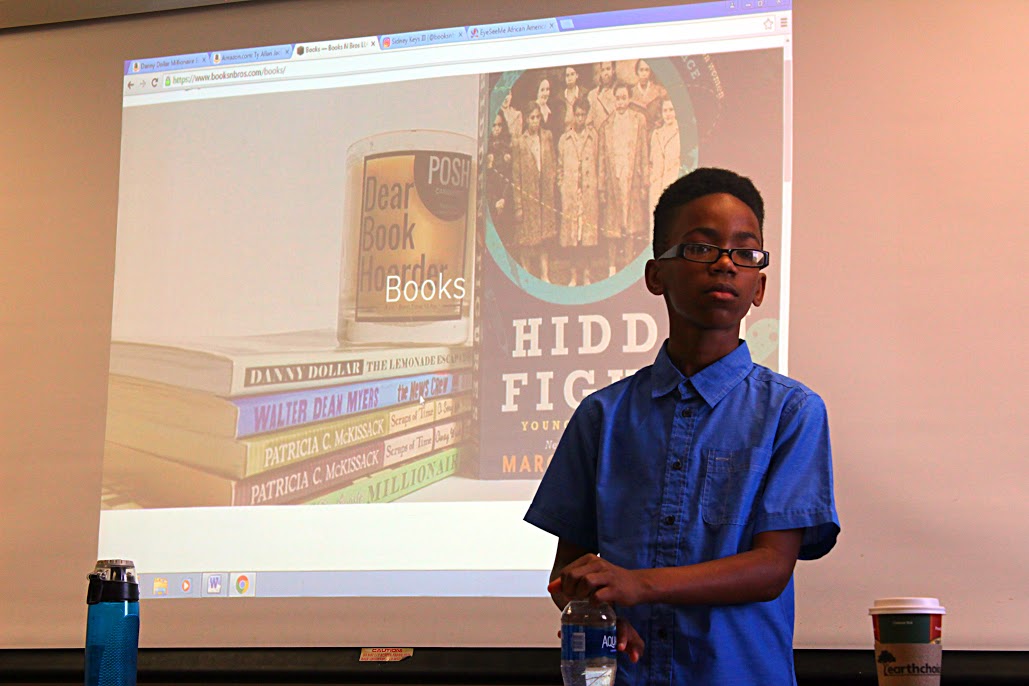
Helen Jarden
Editor-In-Chief
A rampant uptick in hate crimes has occurred since the 2016 US presidential election, according to new studies by the Southern Poverty Law Center (SPLC).
The rise in hate crimes has made many at Lewis and Clark Community College, and other institutions, realize the ever-increasing importance of promoting diversity. In response, L&C has launched the “Hate has No Home Here” initiative. Professor of Communications Christina Chapman is the leader of this initiative, and the first to start it at L&C.
“I saw a sign with this saying on it that was hung over Broadway Street in Columbia, Missouri, by Stephens College,” Chapman said in reference to the Hate Has No Home Here movement. “It really struck me, and I started to think about how we could do something similar. There has been an uptick in hate crimes that have been happening in the past year or so, and I didn’t want anything like that to happen on our campus. I presented a proposal to the Diversity Council, and they accepted my proposal. We started by creating the display that is posted by the Reid Cafeteria. We have expanded to many other activities since then.”
For Chapman, the initiative is important not only to the school, but to the people who attend it.
“Another reason that I wanted to do something is because of my students,” Chapman said. “Students learn best when they feel safe, and I had several students come to me last semester to express their fear that they might be targeted because they felt that they were different in some way. I felt that by all of us working together to send a message that Hate Has No Home Here, we would let all students know, no matter their race, religion, sexual orientation, gender identity, age, or ability, that they are welcome on this campus and belong here. I hoped that that we could send a message that we will not tolerate bullying or hateful behavior towards anyone on our campus.”
Most recently, the SPLC has collected 1,372 reported bias incidents between the day of the election and Feb. 7. As the number has continued to rise, many colleges across the country have realized that action must be taken.
The state of Illinois is facing a widespread problem in regards to intolerance, because there are 32 active hate groups in the state, according to SPLC. Some of these groups involve neo-nazism, white nationalism, anti-LGBT and anti-Muslim messages.
“It’s really disturbing to me,” Chapman said. “I see a normalization of hate groups and of people like David Duke who is now being quoted on a regular basis. There is a push by some to see our country as falling apart, and then a push to blame this ‘falling apart’ on groups of people who are not in the majority. It’s an old and ugly trick, and unfortunately, it is a trick that works. I think that it is more important now than ever, to hold ourselves to the standards of our mission statement and our values. Our mission is to empower people by raising aspirations and fostering achievement through dynamic, compassionate and responsible learning experiences. Our values include Service, Respect, Responsibility, Compassion, and Integrity. I think that if we are to be true to our mission, and even more so, to our values, then we need to take a stand against hate crimes and those who encourage, normalize, or perpetrate them.”
Another person who has been crucial to the initiative is Assistant Sociology Professor Jenn Cline. Her Race and Ethnic Relations class will be hosting a panel discussion on race in the criminal justice system on April 12 at 1:30 p.m in Hatheway Hall. Several guest speakers will be sharing their ideas on how racial concerns and disparities occur on every level of the justice system and what can be done to mitigate those issues.
“Students are planning from, beginning to end, the panel discussion and are wanting to understand the complexity of issues with the overrepresentation of People of Color in the system,” Cline said. “The greater social structure that we will be exploring will illustrate that the issue is more than the problematic idea of the ‘culture of poverty.’ We will be moving beyond respectability politics and hoping to direct us away from hate, and more to understanding.”
March 22, Cline invited Sidney Keys III to speak at her Race and Ethnicity class. Keys, an 11-year-old boy from St. Louis, started his own reading club for boys called Books N Bros. The club not only celebrates African American literature, but also has encouraged his peers to enjoy reading.
“Sometimes, sociology, especially Race and Ethnicity can be focusing on the negative impacts of society,” Cline said. “I have been working to look for people at the grassroots who are making a change in their own communities. I saw the story on St. Louis Public Radio, and decided to invite him to campus. It fit in perfectly with Hate Has No Home Here. There is a theory in sociology called “contact theory.” At the basic level, the idea is that the more contact we have with people who are different from ourselves increases the variety of information we have about categories of people. If we dismantle our stereotypes and look for the positive, awesome things people do in communities that are often stereotyped, we often prove ourselves wrong. We can also empower ourselves to be agents of change.”
Professors Cline and Chapman have also invited their students to make a meal for immigrants and refugees, which will be taken to the International Institute in St. Louis as a part of a potluck event.
“We are joining our classes together to make a meal for New Americans (immigrants and refugees) at the International Institute in St. Louis,” Chapman said. “We are making Moroccan chicken with baked lemons, hummus, tzatziki, pita break and various desserts. We are doing this as part of our efforts to reach out to others and help students have new experiences. I would encourage other faculty to participate in any way that they think would fit in with their classes. The idea is simple: Hate Has No Home Here. How does that fit in with a history class, a biology class, a psychology class would be up to the faculty member to determine. I am happy to help think of ideas, if anyone is interested!”
Even the Springfest theme pairs with the initiative. One of the biggest events at L&C, Springfest’s 2017 themed is “Lewis and Clark has Heart.” Participating clubs are decorating their booths in ways that best show how L&C cares about its community.
For example, WLCA, the college radio station, will be encouraging students to take a “Hate Has No Home Here” pledge, and the Bridge will be collecting “L&C has Heart” nominations. Chosen nominees, who make L&C a more welcoming and friendlier place, will be featured in the Bridge.




